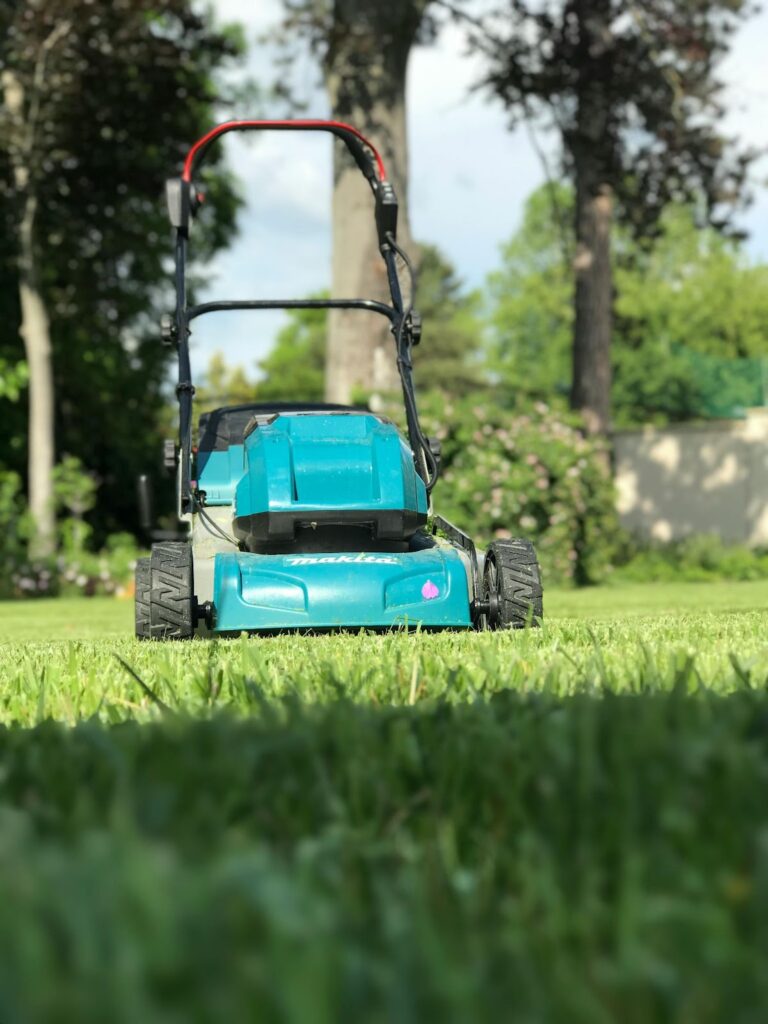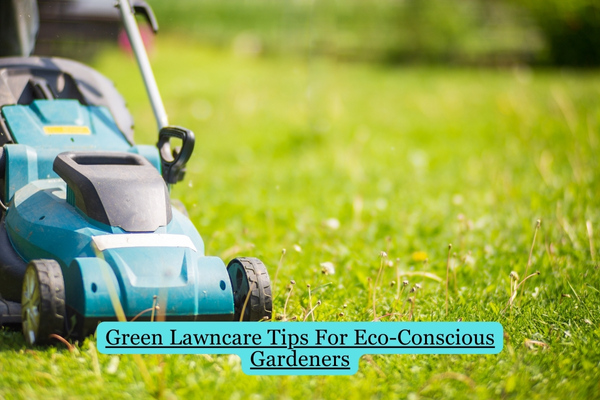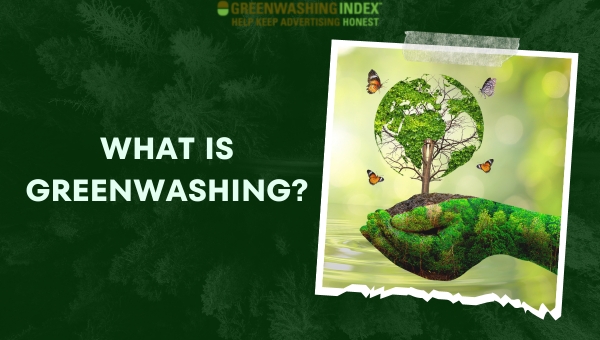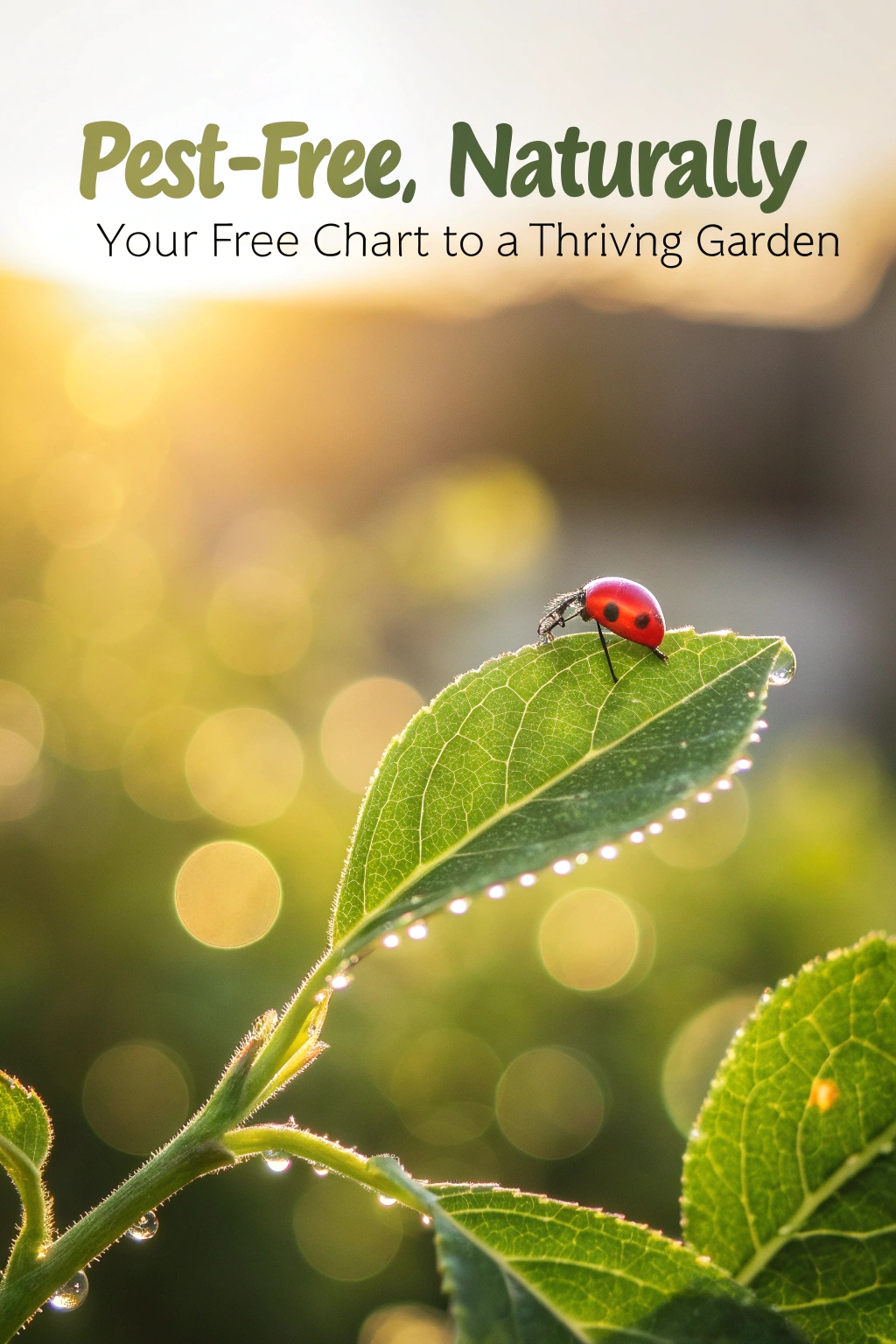Many of us dream of achieving a lush and vibrant green lawn. While traditional lawncare methods can get these results, such methods are not always good for the environment.
Fortunately, it’s possible to still obtain a picture-perfect lawn without sacrificing sustainability.

Below are just a few brilliant green tips for creating a brilliant green lawn.
Choose a native grass
Start by considering the type of grass on your lawn. Different species of grass are used to growing in different climates in different types of soil. Finding a grass that is native to your area could help you to achieve a low maintenance lawn – and it could be good for the planet.
A native grass should be able to cope well with however much rain you get, which could mean not having to water the grass as often. It may also thrive in the local soil, which means not having to use fertilisers to help it grow.
Water your lawn wisely
Using lots of water can drain local reservoirs during heatwaves and lead to water shortages. If you’re using sprinklers, you could also find that you’re using up a lot of energy if these sprinklers are frequently on.
By optimizing when to water your lawn, you can reduce the amount of water that is necessary. The best time to water a lawn is typically early in the morning for about 15 minutes.
Watering your lawn at midday could have little effect on a hot day, as much of the water will evaporate before it reaches the soil. Watering in the evening can also be risky as it promotes fungal diseases (fungus loves dark and damp conditions).
Switch to an electric mower
How you mow your lawn matters too. While petrol mowers can be more powerful than electric mowers, they are much more harmful to the environment. Electric mowers have the benefit of being more eco-friendly, lighter, cheaper and quieter.
This could be something to consider when buying a new lawnmower. You can buy electric mowers that plug in and mowers that are cordless and battery-operated (these typically have to be recharged after each use).
Don’t cut the grass too short (or too often)
Cutting grass too short and too often can have many environmental downsides. It is better to let grass grow out because it produces more oxygen and encourages more pollinating insects to live there.
Cutting the grass less frequently also means less energy used to maintain it. On top of this, longer grass is often more drought-resistant and therefore does not need to be watered as much to keep it green. Consider cutting grass to a height of 3 to 4 inches and not mowing more than once every two weeks between March and October.
Avoid chemical fertilizers
While chemical fertilizers can offer quick nutrient delivery to help your grass grow, they can lead to water contamination and harm to local wildlife. This is why it’s best to avoid chemical fertilizers and stick to natural fertilizer methods.
You can buy organic bags of compost online for this purpose. Try to find an organic fertilizer that is suitable to your type of grass. It’s worth noting that not all lawns need fertilizer to thrive.
Leave clippings on the lawn
Many people like to collect grass clippings after mowing the lawn and dispose of them. However, keeping them on the lawn can actually have benefits. The grass clippings decompose and return nutrients back into the soil (something known as ‘grasscycling’).
It does mean sacrificing those clear visible stripes, but it could also reduce the need to use as much fertilizer on your lawn. Grass clippings can alternatively be used as mulch for plant beds.
Use organic pest control methods,
When getting rid of pests in your lawn, you need to be careful of resorting to chemical pesticides. While these products can be effective, they can cause toxins to enter the soil and local water, as well as unintentionally positioning other wildlife.
This is why you should stick to organic pest control methods such as using neem oil or spinosad. Check out this guide to organic pest control methods for some more examples.
Conclusion
You can achieve a lush lawn in an environmentally-friendly way by saying no to chemicals and by taking steps to reduce energy and water usage. Steps like watering and mowing less can not only benefit the environment, but also reduce the upkeep for you.
You could even save money on your utility bills in the process making it a win-win situation.




